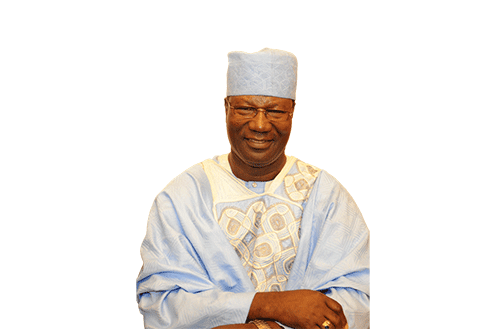Moses Amweelo
The majority of the world’s safest countries have long-term road safety targets in place. Road safety is a major global health issue since large proportions of unintentional injuries are caused by traffic-related crashes.
According to the Global Health Observatory (GHO), 1.35 million fatalities occur on the world’s roads each year. This is despite several improvements in motor- vehicle safety standards and features, road safety policies, and road design.
In fact, road transport still poses a substantial risk to human health in many regions around the world. The problem is especially critical in Low and Middle-Income Countries (LMICs) due to several persisting shortcomings in road safety standards, vehicle safety and maintenance, and the design and implementation of policies and
safe transportation infrastructure.
Increasing motorisation has resulted in a corresponding growth in crashes, and it is currently accepted in most LMICs like Namibia.
The efforts of the National Road Safety Council (NRSC), under the auspices of the Ministry of Works and Transport, through the second Namibian chapter of the decade of action of road safety 2021-2030 to develop and implement effective strategies, are intended to achieve a high level of success that calls for a 50% decrease in fatalities and injuries this second decade.
Achieving or surpassing the strategy’s overall target will result not only in considerably safer Namibian roads, but also in the saving of thousands of lives, a substantially lower serious injury toll, and considerable reductions in societal costs during the timeframe of this strategy.
Namibia annually loses between 400 and 600 lives, with more than 6 000 injuries, resulting from around 3 000 crashes. Festive seasons have always been crucial periods in terms of a high number of crashes, injuries and fatalities in Namibia. Last year’s theme, ‘Do The Right Thing And Save Lives’, was disseminated through national radio campaigns and other promotional material.
The campaign activations took place from 1 December 2022 at the Otjiwarongo roadblock in the Otjozondjupa region in terms of face-to-face interaction and distribution of promotional material, with the conclusion of the campaign on 20 January 2023, again at the Otjiwarongo roadblock.
Data-collection concluded on 15 January 2023 for comparative purposes. The public education campaigns were spearheaded in collaboration with the Motor-Vehicle Accident (MVA Fund), traffic law- enforcement, the Roads Authority, the Road Fund Administration, and the National Road Safety Forum.
This activation schedule was as follows at the various roadblocks:
• Windhoek, Okapuka Roadblock, Khomas Region, 22 November 2022
• Otjiwarongo Roadblock, Otjozondjupa Region, 01-07 December 2022
• Ongwediva Roadblock, Oshana Region, 08-13 December 2022
• Swakopmund Roadblock, Erongo Region, 14-21 December 2022
• Windhoek, Okapuka Roadblock, Khomas Region, 09-13 January 2023
• Otjiwarongo Roadblock, Otjozondjupa Region, 13-20 January 2023.
The activation team has been spending an average of six days in each town they visited during that period, all on either the B1 or the B2 highways. They have been supplemented with radio and television interviews, which were undertaken since the beginning of November 2022, in preparation for the festive season. Newspaper placements were done for the reading audience in anticipation of reaching out to the general public, thus creating awareness of the road safety problem before the start of the festive journeys. Different mediums were deployed to both educate and inform the public and/or road users with the view of modifying their choices to positive behaviour on our roads during the festive season period and beyond. Social media 50%, radio 30%, television 12% and the print media 8% were used to reach the road user public.
The NRSC partnered with the Namibian Broadcasting Corporation (NBC)’s radio services, and conducted in-depth interviews on NBC’s English, Afrikaans, Silozi, Oshiwambo, Otjiherero as well as Nama/Damara radio stations from early December 2022 onwards.
The radio interventions which started at the beginning of December 2022 were conducted at roadblocks, where public members and commuters were mainly being educated on tyre safety, seatbelt safety, vehicle roadworthiness and registration as well as the importance of driving within the speed
limit.
Radio adverts were placed, started airing on 25 November 2022, and continued until 23 January 2023.
The principal objective of the law-enforcement festive season operation was to improve road
safety by intensified patrols on the highway and to conduct mobile roadblocks, especially on the BI and B2 roads, to guarantee visibility and peace of mind to law-abiding road users.
* By Dr Moses Amweelo


